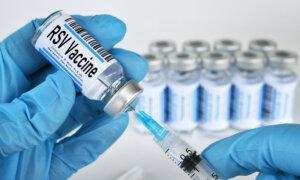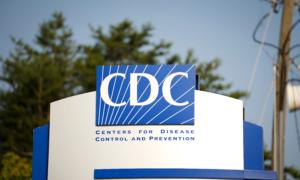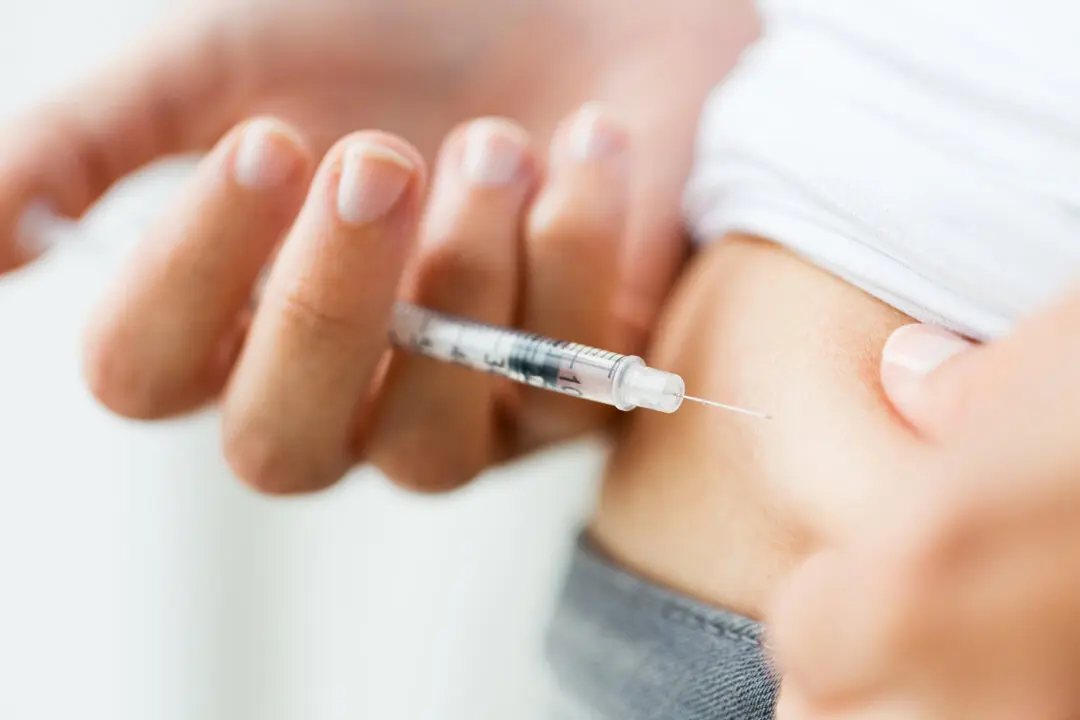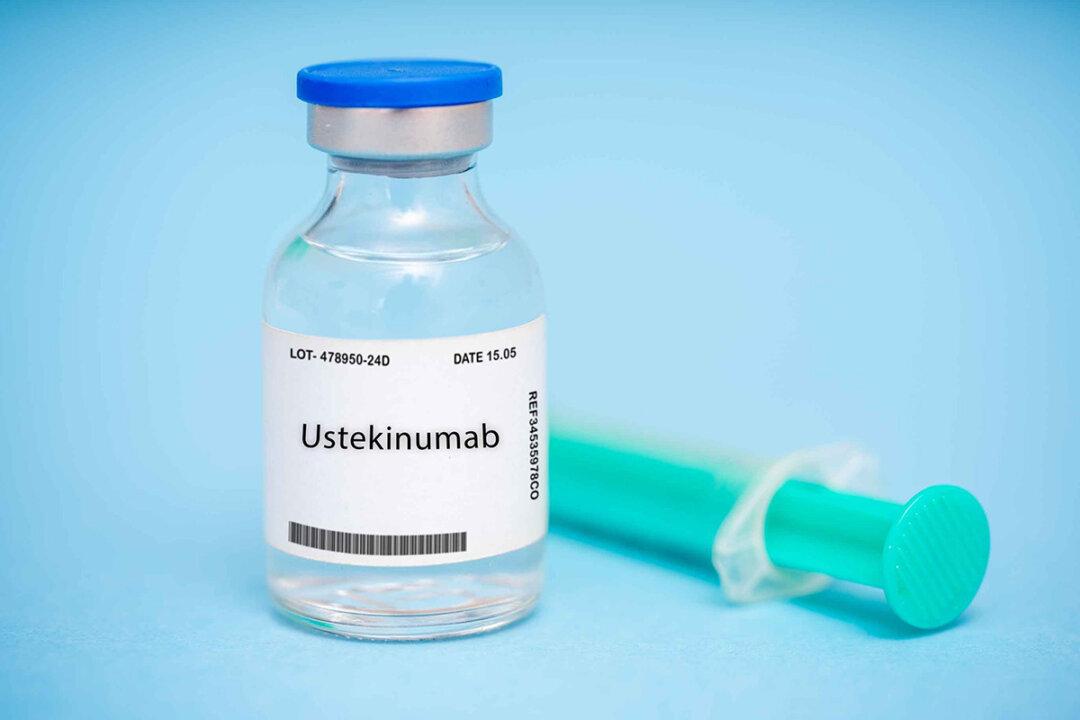Nirsevimab is a monoclonal antibody that neutralizes respiratory syncytial virus (RSV). During 2022 and 2023, when RSV was spreading rampantly throughout communities, the European Union, United Kingdom, Canada, and the U.S. all approved the use of nirsevimab in neonates and infants during their first RSV season.
To determine nirsevimab’s efficacy at preventing hospitalization, the research team randomly assigned infants from France, Germany, and the United Kingdom who were a year or younger to either receive or not receive a single dose of nirsevimab before they entered their first RSV season. All of the infants were born before or during the RSV season, which began on Sept. 11, 2022, in France, Oct. 9, 2022, in Germany, and Sept. 4, 2022, in the United Kingdom. Of the infants enrolled in the study, 27 percent were from France, 22 percent were from Germany, and 50 percent were from the United Kingdom. Nearly 1 in 4 of the infants were classified as neonates, or infants who were less than 28 days old.
A total of 8,058 infants were included in the study, with 4,037 infants receiving nirsevimab and 4,021 infants receiving standard care, or no nirsevimab.
The research team discovered that nirsevimab helped prevent hospitalization. Just 11 infants in the nirsevimab group were hospitalized, versus 60 in the standard care group, representing a nirsevimab efficacy rate of 83.2 percent. Very severe RSV occurred in five infants in the nirsevimab group, versus 19 infants in the standard care group. Two of the five infants from the nirsevimab group were admitted to the intensive care unit and one was intubated and eventually received mechanically ventilated support. Five of the 19 infants from the standard care group were admitted to the ICU and 15 infants from the group were diagnosed with bronchiolitis.
“The introduction of nirsevimab brings a wave of excitement because if offers a more practical, single-dose alternative to previous interventions and extends protection to all infants,” Dr. Halasa wrote in her editorial.






